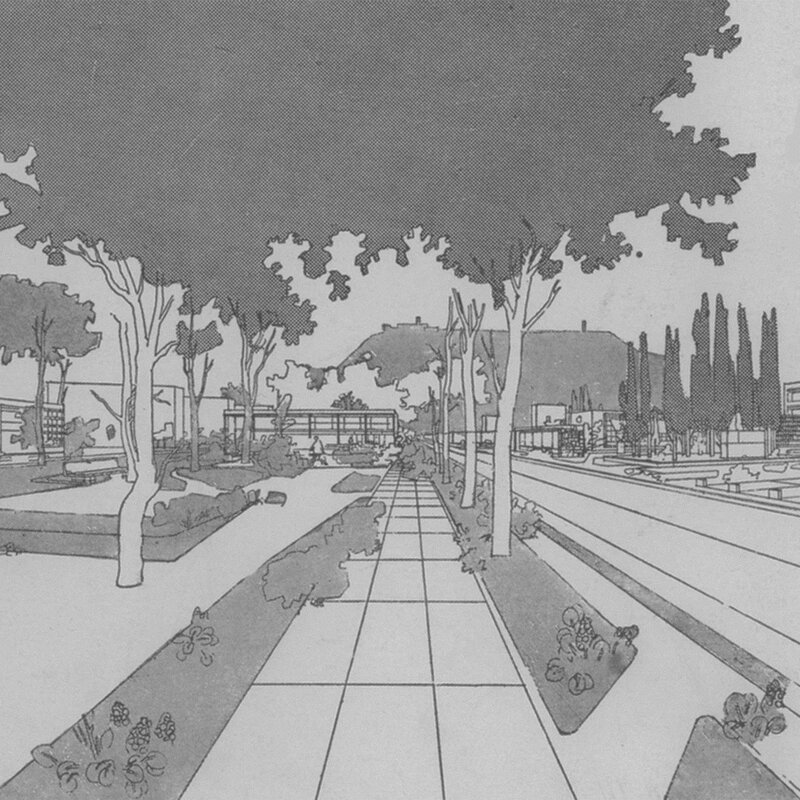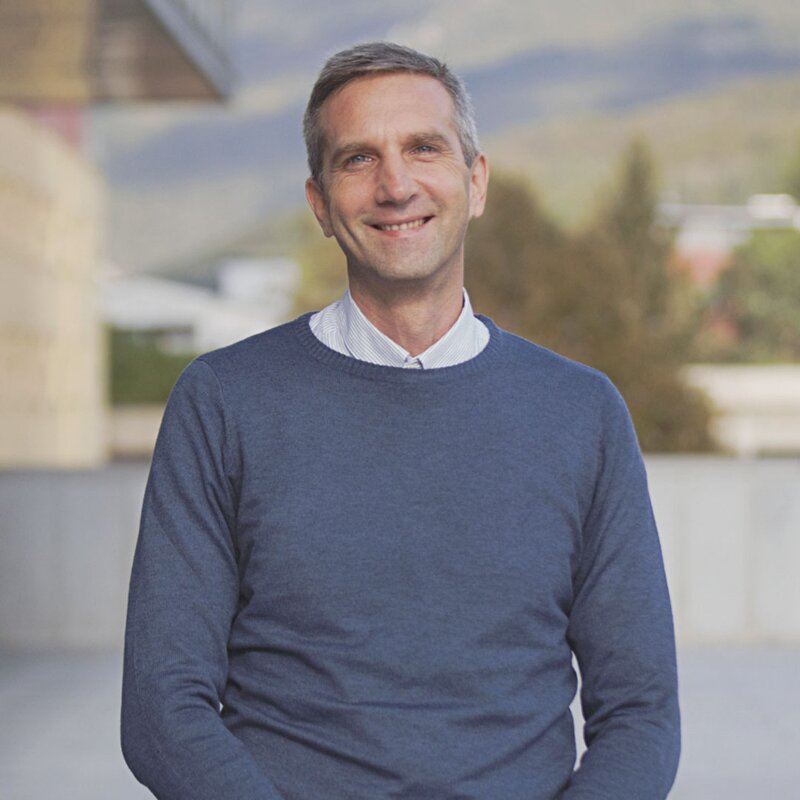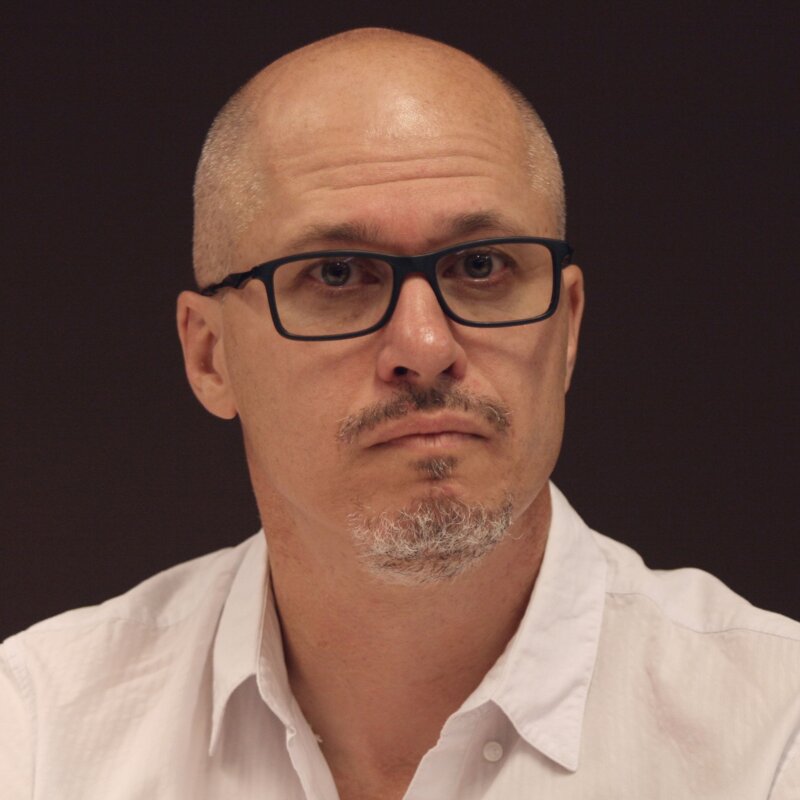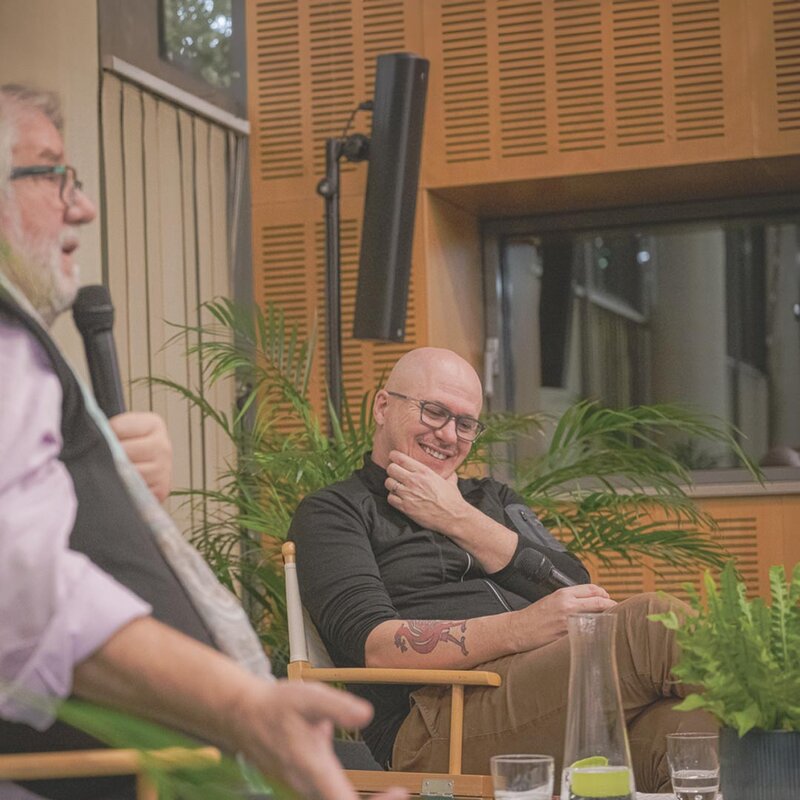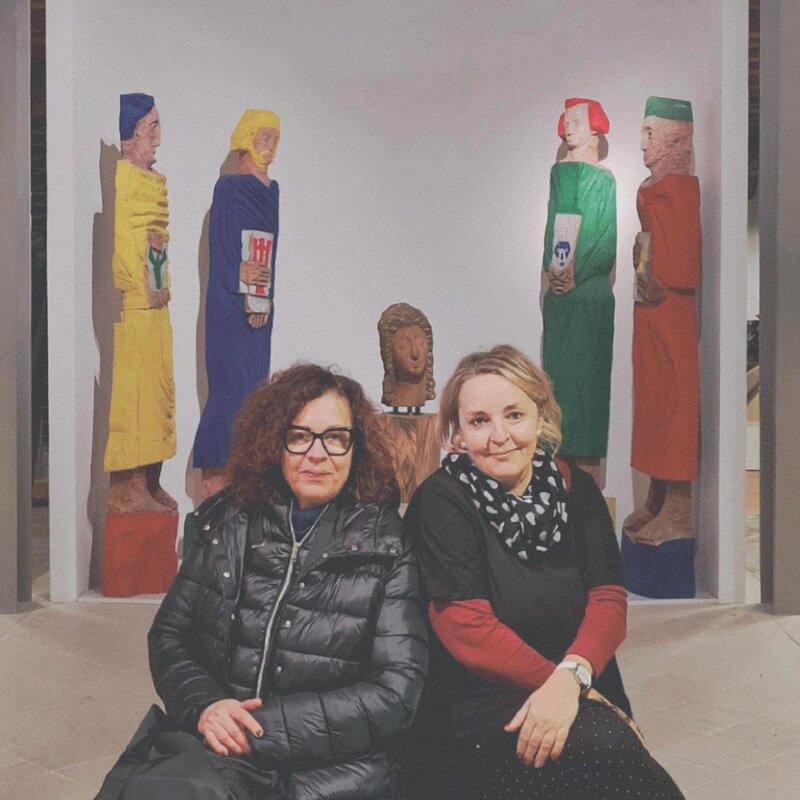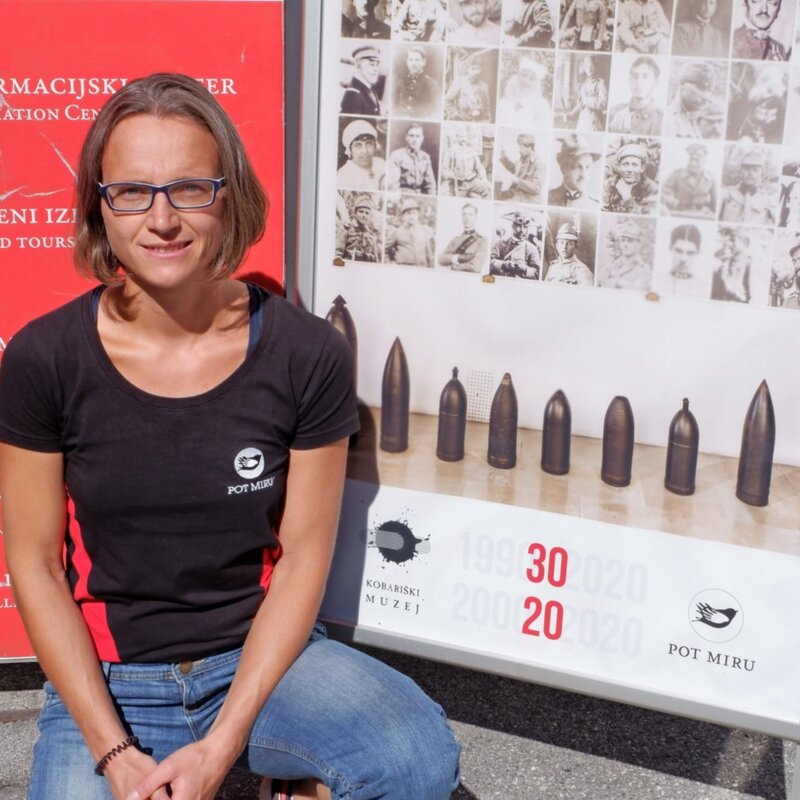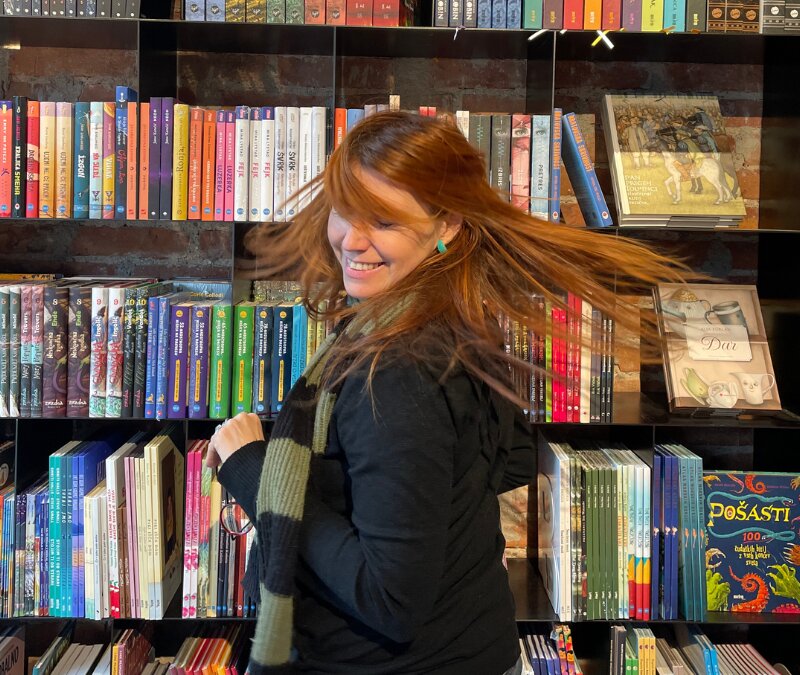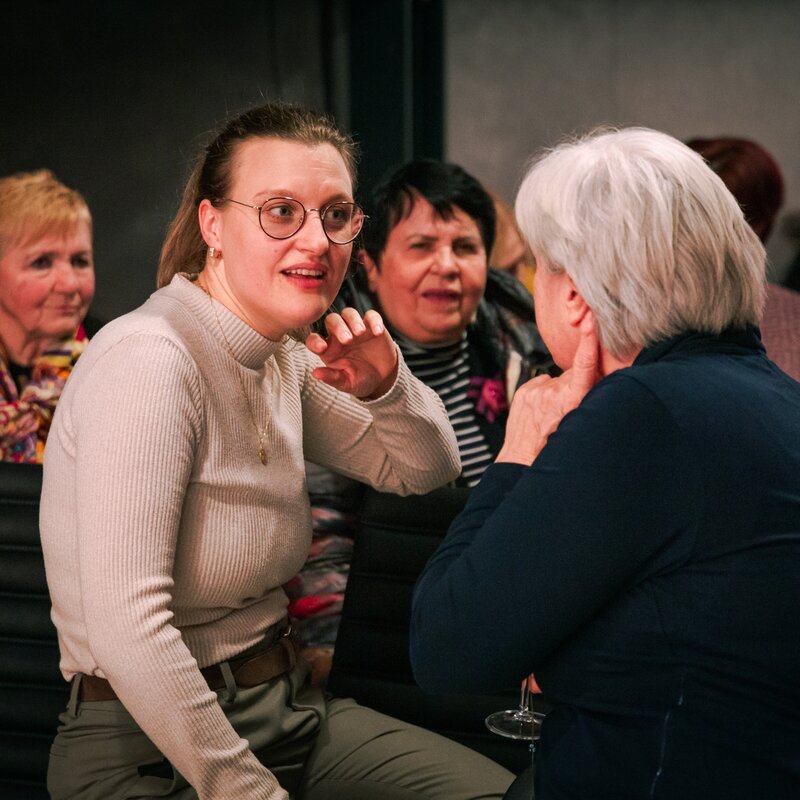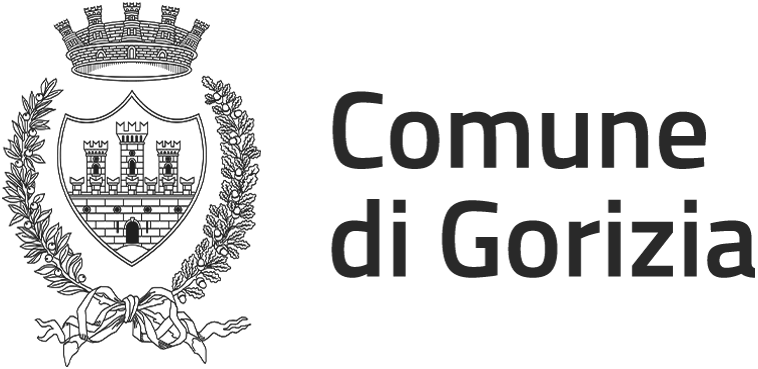1/25/2024

The theatre play by the Slovenian writer, director and screenwriter Goran Vojnovič.
Goran Vojnovič is a Slovenian writer, director and columnist, graduate at the Slovenian Academy of Theatre, Radio, Television and Film. His four novels – “Southern Scum, Go Home!” (Čefurji raus!), “Yugoslavia, My Fatherland” (Jugoslavija, moja dežela), “The Fig Tree” (Figa), and “Đorđić se vrača” – have been widely acclaimed and adapted for the theatre.
As part of the European Capital of Culture 2025 Nova Gorica-Gorizia, he was invited to participate in the project Inabili alla Morte (Nezmožni umreti), one of the most important of the GO! 2025 official programme. The entire project, which brought together Mittelfest, GO! 2025 and the Slovene National Theatre Nova Gorica, was conceived by Italian director Giacomo Pedini from Mittelfest.
The production will consist of three parts. Vojnović is currently writing the theatrical text for the second part of the trilogy, with the working title “Alla ricerca di una lingua perduta” (V iskanju izgubljenega jezika, In search of a lost language). It deals with the period after the World War II and the era of the division between East and West. He wrote about the border in the 1950s and 1960s. “I go back to the time when the border still existed and the more I think about it, the more I realize that not much has changed. It should have changed a lot, but very little has changed. Sure, today you can cross the border without any restrictions, you can go shopping in Italy, and that's not so little either. But what we all hoped for was to create a common world. That coexistence between one side and the other would become something very normal, everyday. But it hasn’t”: Vojnović said during a press statement, adding that crossing the border and reaching the Italian audience is, in fact, a small miracle. The opposite is also true. And the understanding of worlds on either side is still very superficial.
The protagonists of his story are people who belong to the same family, but on two sides of the border. Tragic history has placed them on different sides. He will probably not be concerned with which side is right and which is wrong – he said –, but with how we all become victims of history, how history determines our lives. And how at some point we become painfully aware that history has brought us to a place where perhaps we were not meant to be.
Photo: Mankica Kranjec (Beletrina)
